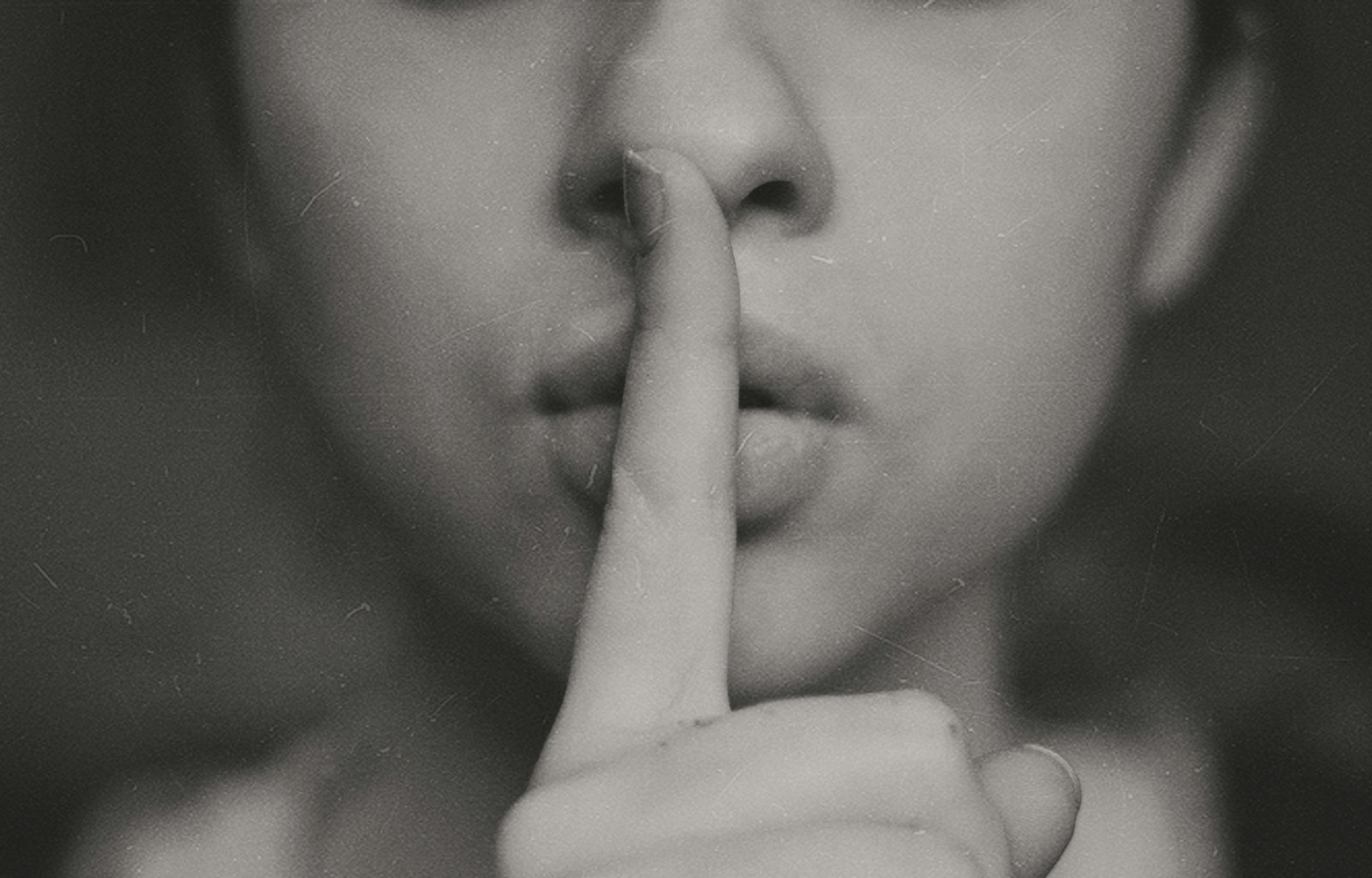Hey Ladies here is part two, of our five-part series The Affair Unveiled. If you haven’t read Part One you can read it here.
Part 2: The Ethical Dilemma – To Tell or Not to Tell
The days following the discovery of Samantha’s affair were filled with an overwhelming sense of unease. I couldn’t look at her without thinking about what she was hiding, and every conversation I had felt like walking on a tightrope. My mind was a battlefield of conflicting thoughts—loyalty versus morality, friendship versus truth.
As the realization of her betrayal settled in, so did the weight of the decision I now faced: Should I confront Samantha? Should I tell her husband? Or should I keep this secret and hope it resolves itself? The more I pondered these questions, the more complicated everything became.
Weighing the Consequences
The ethical dilemma weighed heavily on my conscience. I knew that whatever decision I made, would come with consequences—consequences that could ripple through Samantha’s life, her marriage, and even my own relationships.
Confronting Samantha:
The most immediate option was to talk to Samantha directly. Part of me believed that maybe, just maybe, she needed someone to snap her out of this. Maybe she was lost and didn’t know how to stop. We had been friends for years, after all—surely she would listen to me, and maybe I could help her find a way out of this mess before it spiralled out of control.
But confronting her wasn’t as simple as it seemed. What if she got defensive? What if she denied everything, despite the evidence I had seen? I feared that confronting her could destroy our friendship, and once those words were spoken, there would be no taking them back. I also worried about what it would do to her emotionally—was she ready to face the consequences of her actions? Would she resent me for bringing it all to light?
And then there was the possibility that confronting her might do nothing at all. What if she acknowledged the affair but continued with it anyway? What would I do then? I realized that confronting her might give me temporary relief, but it wouldn’t necessarily solve the problem.
Telling Samantha’s Husband:
The second option was to tell her husband. This thought felt even more daunting. I imagined the devastation on his face, the way his world would crumble in an instant. I pictured him sitting across from me, hearing the words I dreaded to say: “I think Samantha is having an affair.” How would he react? Would he believe me? Would he hate me for bringing this terrible truth into his life?
But beyond his immediate reaction, there was the long-term fallout to consider. What would happen to their marriage if I told him? Would he confront Samantha and try to work things out, or would he walk away, leaving her to deal with the wreckage of a broken relationship? And what about their children? I thought about how this revelation could tear apart their family, leaving scars that would last a lifetime.
Then there was the impact on my own life. How would this change my relationship with Samantha? Even if her husband believed me and acted on the information, my friendship with Samantha would almost certainly be over. I would no longer be the friend she confided in, but the person who exposed her darkest secret. Could I live with that?
On the other hand, staying silent felt just as wrong. I thought about how Samantha’s husband was living in ignorance, completely unaware of what was happening behind his back. Did he deserve to know? Was it fair to let him continue in a relationship built on lies? The thought of him going about his day, blissfully unaware of the betrayal, gnawed at me. How could I look him in the eye knowing what I knew?
Keeping the Secret:
The final option, and perhaps the most tempting, was to do nothing at all. I could keep this secret buried, carry on with my life, and let Samantha deal with the consequences of her actions. After all, it wasn’t my affair. I hadn’t made the choice to cheat—Samantha had. Maybe it wasn’t my place to intervene.
But even this option wasn’t without its own set of problems. The guilt of keeping such a significant secret weighed heavily on me. Every time I saw Samantha’s husband or their family, I felt like I were complicit in the lie. The more I tried to ignore it, the more it gnawed at my conscience.
And then there was the fear of what might happen if the affair eventually came to light on its own. If Samantha’s husband found out later and realized that I knew all along, how would he react? Would he see my silence as a betrayal as well? The idea of being caught in the crossfire of their marital fallout was terrifying.
The more I thought about it, the more I realized that there was no easy way out. Each option carried its own set of repercussions, and no matter which path I chose, someone was going to get hurt. The pressure of making the right decision felt overwhelming.
Wrestling with Morality and Loyalty
As the ethical dilemma continued to consume my thoughts, I found myself questioning my own values and beliefs. What did it mean to be a good friend? Was it my responsibility to protect Samantha, even from herself? Or was my loyalty to the truth more important? I thought about the importance of honesty in relationships and the devastating consequences of betrayal. Did I have a moral obligation to expose the affair, even if it meant causing pain in the process?
But loyalty wasn’t just about protecting Samantha—it was also about protecting her husband. I thought about the vows they had made to each other, the trust that was supposed to be the foundation of their marriage. By staying silent, was I allowing that trust to be eroded? Or was I simply respecting the boundaries of their relationship, leaving it to them to work through their issues on their own?
The longer I wrestled with these questions, the more conflicted I felt. Part of me believed that love and friendship required unconditional support—that sometimes, people make mistakes, and it’s not my job to judge them. But another part of me couldn’t ignore the voice in my head that said this wasn’t just a mistake—this was a betrayal of everything Samantha’s marriage was supposed to stand for.
The Emotional Toll of Silence
As the days passed, the emotional toll of holding onto this secret became more and more apparent. I found myself waking up in the middle of the night, my mind racing with questions and doubts. My usual routines—school drop-offs, work, errands—felt tinged with a sense of unease as if the weight of Samantha’s secret was following me everywhere I went.
I also noticed how the secret was affecting my relationship with Samantha. Conversations that had once been light-hearted and fun now felt stilted and awkward. I couldn’t look at her without thinking about the affair, and every time she talked about her husband or family, it felt like a slap in the face. The tension between us was palpable, and I could sense that Samantha knew something was off, even if she didn’t know exactly what.
My other friendships began to feel strained as well. I found myself pulling away from social gatherings, avoiding situations where I might have to interact with Samantha and her husband together. The stress of keeping this secret was isolating, and I started to feel like I was carrying a burden that no one else could understand.
In quieter moments, I wondered if I was overthinking it all. Maybe the affair would fizzle out on its own, and everything would go back to normal. Maybe I didn’t need to intervene—maybe time would take care of it. But deep down, I knew that wasn’t true. I couldn’t ignore the impact this was having on my own emotional well-being. The longer I stayed silent, the more the secret consumed me.
Seeking Advice, Finding Uncertainty
As the weight of the dilemma grew heavier, I considered seeking advice from someone I trusted. I thought about confiding in a close friend, or maybe even a therapist, someone who could offer a neutral perspective. But the fear of spreading the secret even further held me back. What if the person I told didn’t keep it to themselves? What if the information got out, and it came back to me in a way I couldn’t control? The risk of involving others felt too great, so I kept it all to myself, bottling up the emotions and uncertainty.
There were moments when I wished I could just rewind time and go back to that day at the café when everything was still normal. But there was no going back. The truth was out, and now I had to deal with it, one way or another.
The more I thought about it, the more I realized that there was no perfect solution. Every option carried risks, and every decision would have consequences. All I could do was weigh the pros and cons, trust my instincts, and hope that whatever choice I made would be the right one—not just for me, but for everyone involved.
Part 3.
Ladies, leave your comments below and let us know if this has happened to you or someone you know. Subscribe to our newsletter here to get fresh updates every Tuesdy so you know when the next part comes out.
The Affair Unveiled: Navigating the Emotional Chaos of a Friend’s Secret is a 5 part series looking at the effects of an affair exposed!













